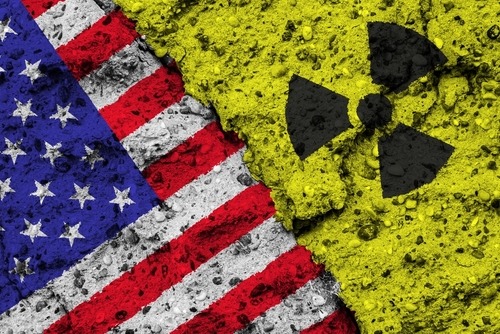
Lessons from one disaster can provide insights into the next and maybe even help prevent them – an idea carried forward in a new paper on COVID-19 commissioned by the Nuclear Threat Initiative (NTI) and written by retired Major Gen. Julie Bentz.
In the paper, Bentz – a former major general of the U.S. Army National Guard and member of three presidents’ security councils – cited interviews with dozens of response practitioners to conclude that more work is needed to prepare for a public radiation emergency. Such emergencies include the explosion of dirty bombs or the use of improvised nuclear devices in populated areas.
The ongoing pandemic showed that effective communication remains a bridge away for federal, state, and local authorities. It will be critical to provide accurate and timely information to the general public. Further, future disasters will require greater accountability for disinformation and increased training for federal, state, and local partners – along with community organizations and volunteer associations – to improve coordination during high-risk, low-probability events and beyond. Bentz also recommended a greater emphasis on preparing individuals to take action immediately after radiation release.
A benefit of the COVID-19 pandemic has been ongoing improvements to pandemic readiness and adaptations within public health systems. As part of this, the general noted that public health infrastructure should consider countermeasures for public radiation emergencies and work to shore up gaps in equipment, training, and resources and often plagued early responses to the disease and could prove devastating during a nuclear disaster.




